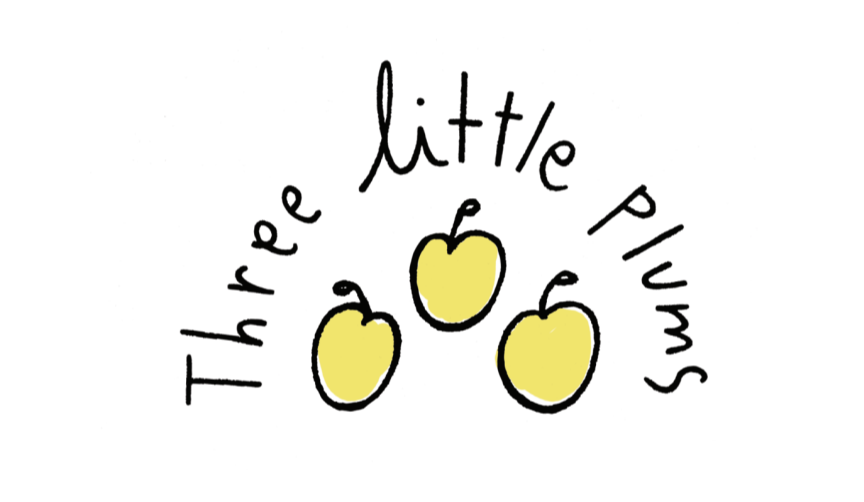Phthlates Linked to Increased Infertility

A new study looked at 600 couples in an IVF clinic and found an association between phthalate exposure in both men and women and an increased risk of failed clinical pregnancy and live birth.
What are phthlates?
Phthalates are used to bind fragrance chemicals to products and are also common plasticizers found in many everyday products including cosmetics, food, toys and construction materials.
There are many different kinds of phthalates.
In the US 8 phthalates have been banned from toys meant for children.
In the European Union 4 phthlates (butyl benzyl phthalate (BBP), di(2-ethylhexyl) phthalate (DEHP), dibutyl phthalate (DBP), and diisobutyl phthalate (DIBP)) have been banned from all consumer products due to their associated toxic effects on reproductive health.
What Phthalates were specifically linked to infertility?
The researchers found two phthalates were assiciated with the biggest increase in risk of failed clinical pregnancy and live birth.
Mono-(2-ethylhexyl) phthalate (MEHP)
Monoethyl phthalate (MEP)
Monoethyl phthalate (MEP)
avoid products with added fragrance.this includes cleaners, detergents, personal care products, baby care products and home fragrances and perfumes
avoid using plastics as much as possible:especially soft plastics.
switch to glass and stainless steel in the kitchen for food storage and everyday use.
Mono-(2-ethylhexyl) phthalate (MEHP)
(MEHP) is the active metabolite of (DEHP), which is most commonly used as a plasticizer and solvent in numerous consumer products and is commonly found in PVC plastic.
DEHP has been banned in consumer products in the EU and in children’s toys in the US.
You can be exposed to DEHP through air, water, or skin contact with plastics that have DEHP in them.
According to the CDC, “Most DEHP that enters your body in food, water, or air is taken up into the blood from the intestines and lungs. DEHP can be introduced directly into your bloodstream if you get a blood transfusion, receive medicines through flexible plastic tubing, or have dialysis treatments”
Additionally, “DEHP levels in the indoor air in a room with recently installed flooring could be higher than levels in the outdoor air”
Children specifically can “also be exposed by sucking on or skin contact with plastic objects (toys) and pacifiers that contain DEHP, as well as by ingestion of breast milk containing DEHP. Children also can be exposed to DEHP if they undergo certain medical procedures that require the use of flexible tubing such as that used to administer fluids or medication to the patient. “
Some items that contain DEHP are: many plastic toys, some plastic furniture, car and furniture upholstery, shower curtains, some garden hoses, tablecloths, and some flooring (vinyl flooring).
MEP is a breakdown product of diethyl phthalate, used in perfume, cologne, deodorant, soap, shampoo, lotion, and other personal care products, particularly those containing fragrance. It is not restricted and can also be found in in plastic packaging used for food.
My recommendations
Generally speaking when you are trying to get pregnant, during pregnancy and during early childhood I recommend trying to avoid phthalates in general since these are endocrine disrupting chemicals.
Three easy steps you can take to avoid these chemicals are:
